AfriCarnaval 2020 and Beyond . . .
In 2021, team members of the Caribbean Cultural Center African Diaspora Institute (CCCADI) met in Puerto Rico on retreat with the staff of the Ashé Cultural Center, who were visiting from New Orleans. The purpose was to further develop an idea about the “business of Carnival” that was initiated in 2020 between Asali Ecclesiastes, Ashé’s executive director, and myself. Immediately, we experienced a synergy that was magical, and we agreed to join forces on this concept that we entitled AfriCarnaval – A World Carnival Summit.
Amidst the COVID-19 pandemic and the racial reckoning of the Movement for Black Lives, we reaffirmed, once again, the many similarities and challenges shared by people of African descent globally. But for the obvious differences that might separate us—such as the use of the colonizer’s tongue—we saw ourselves in one another through the rich creative expressions of Puerto Rican drumming, dance, song, call and response, and costuming traditions found almost everywhere that we, as African descendant people, are present. Additionally, we realized that while in almost every cultural experience it is the artist and cultural worker who is the preserver, first responder, and greatest contributor, what is clear is that this work continues to face a lack of economic equity throughout our diaspora. Nowhere is this more evident than in the disparity witnessed in the Carnival traditions maintained and celebrated in our communities throughout the world—be it Mardi Gras in New Orleans, Carnaval de La Playa de Ponce in Puerto Rico, Carnival in Bahia, Brazil, or the West Indian Day Parade in Brooklyn.
And so, based on the work of our respective organizations—grounded in the very communities we serve—we recognized the need to make this a larger, more inclusive conversation. Starting with cultural workers, artists, small business owners, and traditional and community leaders we each work with, we asked questions regarding the economic impact of our cultural contributions as well as workforce development in the artists’ networks. What is clear is that the creative community we work with is at the heart of our organizations, and we have the responsibility to respond accordingly. As chance would have it, both Ashé and CCCADI had implemented entrepreneurial training programs for artists of color, whereby artists received technical assistance, business development skills, and paid fellowships to develop their entrepreneurial, technical, and artistic practices as truly established businesses. Ashé’s program focused on artists and cultural workers specifically rooted in Carnival traditions, while at CCCADI, we trained an inaugural cohort of 10 artists involved with parade and costuming traditions who are working to establish their crafts and art forms as a business.
Fast forward to March 2025, to the presentation of our World Carnival Summit in New Orleans. We invited culture keepers from Ponce, Puerto Rico; St. Croix; and Haiti, along with local artist representatives and producers, to highlight and uplift the significant role of our artists, entrepreneurs, and events like Carnival—acknowledging and addressing the clear divide when it comes to Black cultural traditions and commerce. The team at Ashé was intentional in creating an intergenerational space for celebration, joy, resistance, unity, and investment—all essential parts of the World Summit.
In just three days, we delved deep into the concepts of equity, workforce development, and economic disparities within and outside our communities. We began devising strategies to foster economic equity while working with local and international government partners to create policies that close the gap between cultural and economic justice. Our job at the Summit was to partner and share information with global producers of Carnival events, as just one example, to learn and commit to keeping more of these festival, Carnival, and tourism dollars in the pockets of the very cultural producers, artists, and neighborhoods that create and provide these experiences.
Along with the Organization of American States, we are active participants in the planning, development, and ultimate implementation of policy that will rightfully place investments back into the hands of our creative partners, organizations, and communities. AfriCarnaval 2026 in New York City and New Orleans promises to not only uplift these practices with dignity and pride, but to shift and impact international policy—to ensure credible and significant investments in our artists, communities, and culture.
Image Credits:
Photo #1: LaShaunda Pickett René (Ashe Cultural Center), Chief Bruce "Sunpie" Jones (Black Indians, New Orleans), Willard John (Traditionalist and Moko Jumbie, St.Croix), Keith Dow Edwards (Black Indians, New Orleans)
Photo #2, #3 & #4: Black Indians of New Orleans
Photo #5: Asali Ecclesiastes (Chief Executive and Equity Officer at Ashe Cultural Center), Lysbell Ocasio (Cultural Worker, La Playa de Ponce, Puerto Rico) and Melody Capote ( Executive Director at the Caribbean Cultural Center African Diaspora Institute






